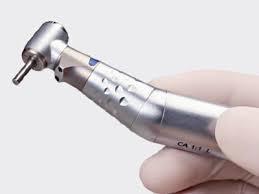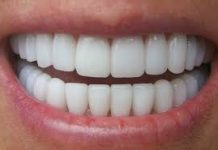Titanium teeth.
Dental implantology is among the most advanced dental techniques and revolutionary as regards the implantology and restorative dentistry.
Thanks to this procedure, millions of patients may replace one or more missing teeth, and those without teeth can give up the old dentures and regain their smile.
Dental implants provide a fixed and stable support for crowns, bridges or denture so that the patient seems to have their original teeth.
For those who wear dentures, the implant provides a firm grip that makes the prosthesis stable. A dental implant works as a dental root, which stimulates the bone tissues and prevents their reduction.
In the case of lack of a tooth bone reduction is one of the more serious consequences, together with the displacement of the other teeth and the related problems of chewing, speaking, facial pains.
A dental implant is usually made up of a titanium alloy; titanium is a bio-compatible metal, that means that it has a particular characteristic that allows it to fuses and integrates with the tissues of the body.
It was the ability of titanium to fuse with the bone that has allowed the development of dental implantology and this material is used for over 30 years with a high percentage of successful procedures (95-98%).
Dental titanium implants. Composition.
A dental implant is traditionally composed of two parts: a root, that is a screw, made up of a titanium alloy, that is inserted into the jawbone, under the line of the gum; an abutment, that can be made of titanium or zirconium, that is attached to the screw and is the support for the prosthesis.
The titanium alloy offers nowadays many guarantees, since, apart from in the case of allergy to this material, it does not involve other risks. The failure of an implant or the onset of an infection is almost entirely due to the inadequacy of the dentist or the surgeon.
When preliminary evaluations and analyses are conducted with skill and the screw is well positioned, the soft tissues are tightly adhered to the titanium implant, form a biological seal and prevent microorganism infiltration along the implant.
However, titanium implants are not accepted from everybody, especially those who don’t want metal prosthesis in their body.
Titanium implants.
It seems that sometimes autoimmune diseases can appear after a dental implants procedure; oral galvanism or tiny electrical currents may also be created if the metal reacts with saliva, but most of the specialists point out that the metal is only within the jaw bone and can not go into contact with soft tissues or saliva.





